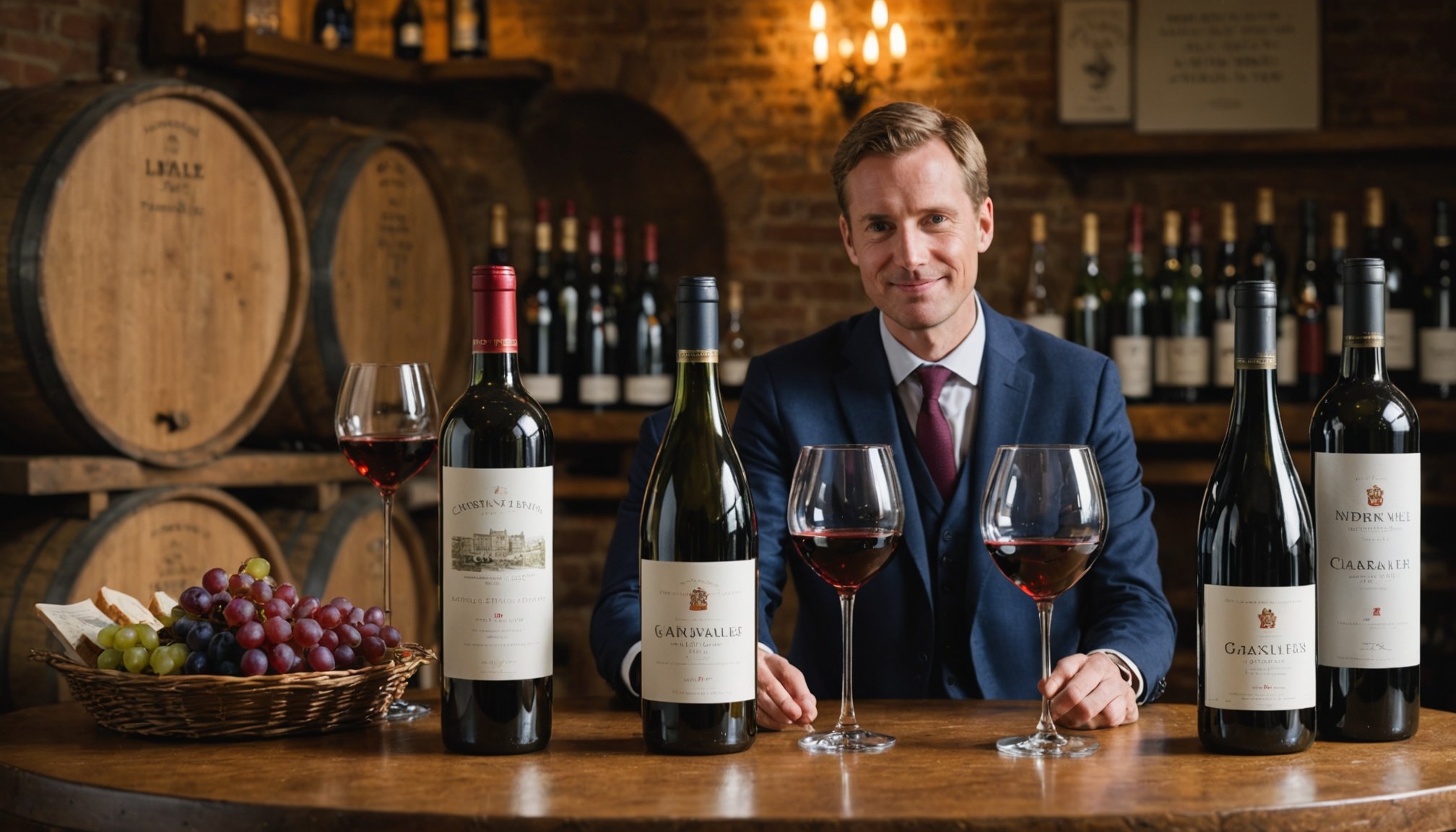Overview of UK Liquor Licensing Laws
The United Kingdom’s liquor licensing laws provide a historical framework designed to responsibly manage the sale and consumption of alcohol. The roots of these laws date back centuries, evolving to address societal changes and consumption patterns. The primary aim continues to ensure public safety and order.
Key Legislation and Regulatory Bodies
Several key pieces of legislation dictate alcohol regulations in the UK. The Licensing Act 2003 governs England and Wales, replacing the Licensing Act 1964. In Scotland and Northern Ireland, different Laws apply, though they share similar principles aimed at reducing alcohol-related harm.
Also to read : Mastering UK Intellectual Property Law: A Vital Guide for New Publishers
Regulatory oversight is typically carried out by local councils, which enforce compliance within their jurisdictions. Agencies such as the Licensing Authority and the UK liquor licensing board are instrumental in interpreting and implementing these laws, ensuring establishments adhere to strict criteria.
Differences Between Personal and Premises Licenses
Two primary types of licenses exist: the personal licence and the premises licence. A personal licence allows individuals to sell or authorize the sale of alcohol, ensuring competent supervision within premises. On the other hand, a premises licence covers the physical location where alcohol is sold, addressing health and safety concerns, noise pollution, and capacity limits. This dual-licensing structure aims to balance business interests with community welfare.
Also read : Mastering UK Import Regulations: The Definitive Guide for Luxury Watch Retailers
Step-by-Step Guide to Obtaining a Liquor License
Before diving into the licensing process, it’s crucial to conduct thorough research. Understanding the specific alcohol regulations in your area can save time and resources. Investigate local UK liquor licensing authorities to grasp the requirements for your business type, be it a bar, restaurant, or retail shop.
Application steps vary depending on the license type. Generally, an effective application process includes:
-
Pre-application consultation: Engage with the local council’s licensing department. They can advise on planning permissions and safety specifics.
-
Completing the application: Gather necessary documents like premises plans, proof of identity, and any special conditions the council may require.
-
Submitting the application: Once ready, submit your documents and pay the associated fee.
Avoid common pitfalls by ensuring your application is thorough and error-free. Delays often arise from inaccurate documentation or failure to meet local council conditions, so attention to detail is key.
After submitting the application, prepare for an assessment period. This involves public notices and, in some cases, hearings. Address any public or council objections immediately to streamline the approval process.
Setting Up a Virtual Wine Tasting Business
Embarking on the adventure of a virtual wine tasting business requires a keen eye for detail and planning. Crucial elements begin with the right equipment and technology. You’ll need a reliable camera, microphone, and a high-speed internet connection to ensure seamless interaction with participants. Software platforms such as Zoom or Microsoft Teams are popular choices for hosting these events.
Selecting the perfect wine choices is the next step. Choose a mix that includes red, white, and sparkling varieties, sourced from reputable suppliers who can maintain quality and provide delivery options. Collaborate with these suppliers to offer exclusive selections that set your tastings apart.
The structure of the tasting experience is essential. Engage participants by guiding them through the tasting process, offering insights into wine origins and flavour profiles. Encourage interaction by incorporating Q&A segments or pairing suggestions. By sifting through these components, you not only create a memorable experience but also foster a community around your brand. Engaging storytelling, interactive sessions, and a carefully curated wine selection are the building blocks of a virtual tasting business that thrives in the digital age.
Marketing Strategies for Virtual Wine Tasting
Effectively promoting virtual wine tasting events hinges on strategic and diverse marketing efforts. Employing a mix of social media and email marketing can significantly enhance audience engagement. Platforms such as Instagram and Facebook, with visually appealing content, can showcase the uniqueness of your events. Sharing customer testimonials, sneak peeks of tastings, or behind-the-scenes content can create a buzz around your offerings.
Crafting attractive packages and pricing strategies further positions your business for success. Consider offering tiered pricing options to appeal to various demographics, incorporating unique themes or exclusive offerings to add value. To foster audience engagement, engage customers in interactive polls to ascertain their preferences for future events.
Collaborating with influencers and wine experts can amplify visibility and credibility. These partnerships can introduce your events to new audiences while enhancing the perceived value through expert endorsements. Hosting joint events or creating co-branded content can boost exposure and provide fresh perspectives.
By harnessing these promotional strategies, virtual wine tastings can thrive, reaching a broader audience while offering a distinctive and memorable experience. Success lies in creativity and establishing genuine connections with participants, ultimately fostering a loyal customer base.
Case Studies of Successful Virtual Wine Tasting Ventures
Exploring case studies of notable virtual wine tasting ventures provides valuable insights into effective strategies and business models. Foremost examples include ventures like WineBox and Sip & Savor, each integrating unique promotional strategies to enhance audience engagement.
WineBox leveraged a storytelling approach, weaving narratives about wineries and winemaking processes to captivate audiences. They also prioritized marketing virtual events through partnerships with influencers, increasing their reach and credibility. Their strategy focused on creating an immersive experience, which resulted in high attendee satisfaction and returning customers.
Sip & Savor adopted a different approach by introducing themed events. These themes aligned with seasonal trends and celebrations, keeping the offerings fresh and appealing. Their use of creative promotional strategies, such as early bird discounts and loyalty programs, significantly boosted their booking rates.
Lessons learned from these ventures underline the importance of engaging content, strategic partnerships, and innovative event themes. By analysing these diverse approaches, aspiring businesses can adapt successful elements to their model, staying attuned to evolving market demands. Additionally, understanding the impact of market trends on virtual wine tasting reinforces the need for flexibility and creativity in business strategy.
Common Challenges in the Virtual Wine Tasting Business
Entering the virtual wine tasting market presents distinctive challenges. Identifying and addressing business challenges is crucial for sustained success. Operational hurdles, such as ensuring a seamless online experience for participants, often revolve around technology and logistics. Ensuring robust internet connections and interactive software can mitigate these issues.
Navigating regulatory challenges necessitates a thorough understanding of compliance issues. Virtual wine tastings must adhere to local alcohol regulations, even when conducted online. This involves clarifying your legal responsibilities and obtaining necessary licences if alcohol is involved in deliveries to participants.
Customer service presents another layer of complexity, demanding efficient solutions for logistics and participant management. Anticipating technological issues and implementing user-friendly platforms can significantly enhance the customer experience.
Lastly, adapting to evolving technology trends is paramount. Understanding audience preferences allows for the integration of innovative solutions like augmented reality or interactive tasting kits. Maintaining adaptability enables businesses to refine their strategies in response to market shifts and customer feedback, ensuring longevity and success in this competitive niche.
FAQs About UK Liquor Licensing and Virtual Wine Tastings
The UK liquor licensing landscape often raises questions. Addressing these is crucial to navigating alcohol regulations effectively, especially for new entrepreneurs.
What are the basic requirements to obtain a liquor license? To obtain a liquor license in the UK, applicants must be over 18, understand local licensing laws, and complete a formal application including ID verification and premises documentation.
Are there specific licenses for virtual wine tastings? Virtual wine tastings usually require adherence to existing alcohol regulations. Even if the event is online, licenses may be needed for alcohol shipment to participants.
Do licensing laws differ for personal and premises licenses? Yes, a personal license authorizes individuals to sell alcohol, ensuring competent management, whereas a premises license covers the physical location, tackling health and safety concerns.
How do I know which license type I need? It depends on your business model. If your role involves authorizing alcohol sales, a personal license is necessary; if you manage a venue, a premises license is critical.
For further clarification, consulting local licensing authorities or legal experts provides tailored guidance. These resources can help streamline your understanding of the obligations and considerations for virtual wine tastings within UK liquor licensing frameworks.
Resources for Further Assistance
Embarking on your journey with UK liquor licensing and virtual wine tasting requires reliable resources for guidance. To effectively navigate the licensing process, consult government websites like GOV.UK—offering comprehensive details on licensing laws, application steps, and regulatory compliance. These platforms provide a foundation for understanding local alcohol regulations.
Additionally, organizations such as the British Institute of Innkeeping (BII) offer support and training resources tailored to industry needs. The BII’s publications and events keep you informed about changing regulations and best practices.
Engaging with networking opportunities through industry associations like UKHospitality can also be invaluable. These platforms offer forums and events connecting you with other professionals facing similar business challenges and innovations.
Key publications, such as the “Licensed Trade News,” provide insights into emerging market trends and operational strategies within the liquor industry. These resources ensure you’re not only compliant but also equipped with contemporary knowledge to make informed decisions.
Remember, leveraging these resources optimizes your understanding and management of your responsibilities, enabling your business to thrive amid evolving alcohol regulations and market conditions.










